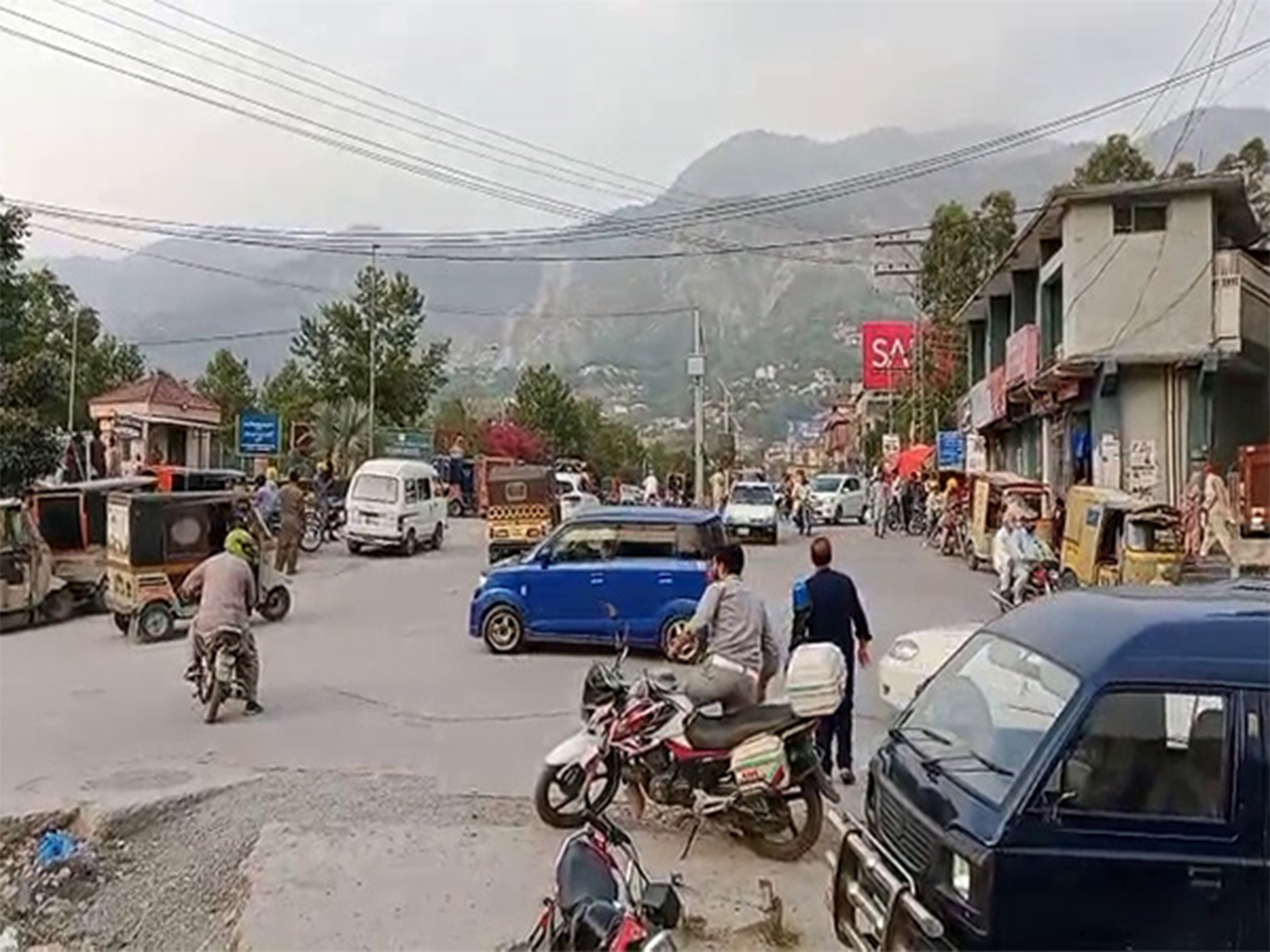PoJK's governance vacuum deepens amid public anger and institutional decay
Speaking on the worsening state of affairs, Khan said that despite visible development and a growing educated youth population, successive governments have failed to satisfy people's basic needs. "We have achieved a lot in infrastructure, but failed to satisfy the people.

- Country:
- PoJK
Raja Zahid Khan, a political analyst from Pakistan-occupied Jammu Kashmir (PoJK), has delivered a scathing assessment of PoJK's political system, describing it as "a governance vacuum" that has alienated the public and exposed deep flaws in administration, justice, and leadership. Speaking on the worsening state of affairs, Khan said that despite visible development and a growing educated youth population, successive governments have failed to satisfy people's basic needs. "We have achieved a lot in infrastructure, but failed to satisfy the people.
Their outburst is now visible on the streets," he said. He identified three core issues crippling the region --livelihoods, education, and justice --and argued that economic distress, poor governance, and widespread dissatisfaction are pushing citizens to the brink. The recent movement, he said, began with the price of flour but quickly evolved into a people's protest against economic mismanagement and state indifference. "The common man came out of his house because survival had become impossible. Electricity bills reaching into lakhs have broken the backbone of the working class," he stated, adding that even middle-class families are now struggling to sustain basic living standards. Khan criticised the local political class for turning governance into self-protection. "When rulers and deliverers shift focus from people to personal safety, the system collapses," he said.
Khan stated the repeated power struggles, three changes of prime minister since 2021, as symptoms of a deeper political instability that has paralysed governance. He further warned that the widening gap between the ruling elite and ordinary citizens is fuelling disillusionment and giving rise to alternative power centres such as the Action Committee. "People now trust those outside the system more than the system itself," he noted, predicting that this shift could reshape the coming elections.
Concluding his remarks, Khan emphasised the urgent need for justice, transparency, and local empowerment. "People will not be satisfied with words anymore," he warned. "Until governance becomes truly people-centred, the system will continue to crumble under its own contradictions." (ANI)
ALSO READ
-
HC pulls up Jharkhand govt for HIV infection in five children
-
5 BJP leaders join Jharkhand Mukti Morcha
-
Imran Khan’s party candidate Zeeshan wins Senate seat in Khyber Pakhtunkhwa
-
"Lacks civilisation, values and culture": Uttarakhand CM on Rahul Gandhi's remarks on Chhath
-
Ex-Jharkhand MLA Umashankar Akela rejoins Congress









